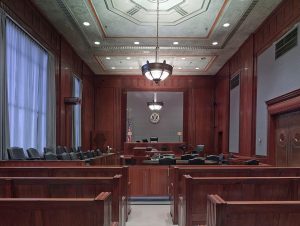Legal Insights into the Corporate Dissolutions
Business corporations may be dissolved in two ways:
A- Voluntary or Non- Judicial Dissolution: Under New York Business Corporation Law (BCL) Section 1001, a corporation may be dissolved by the majority vote of the shareholders entitled to vote. No board of director’s vote is necessary.
B- Involuntary or Judicial Dissolution: There may be several reasons for involuntary dissolution:
- Under BCL Section 1101, an Attorney-General may bring an action for the dissolution of a corporation upon one or mor
 e of the following grounds:
e of the following grounds:
(i) That the corporation procured its formation through fraudulent misrepresentation or concealment of a material fact.
(ii) That the corporation has exceeded the authority conferred upon it by law, or has violated any provision of law whereby it has forfeited its charter, or carried on, conducted or transacted its business in a persistently fraudulent or illegal manner, or by the abuse of its powers contrary to the public policy of the state has become liable to be dissolved.
Under said Section 1101, any action brought by the attorney-general is triable by jury as a matter of right.
2.By board of director’s resolution or shareholders resolution of majority of shares entitled to vote stating that the corporation has insufficient assets to discharge liabilities or that resolution would be beneficial to the shareholders
3.One-half or more of shares entitled to vote may petition court under BCL Section 1104 if directors are too divided to manage or shareholders too divided to elect directors or magnitude of internal dissention makes dissolution beneficial to shareholders.
4.Any shareholder entitled to vote may petition court if shareholders unable to elect directors for two annual meetings
5.Twenty percent or more of voting shares in the corporation whose shares are not traded on a securities exchange market (these are basically regular, closely held corporations) may petition on either of these grounds under BCL Section 1104 (a):
(i) The directors or those in control of the corporation have been guilty of illegal, fraudulent or oppressive actions toward the complaining shareholders;
(ii) The property or assets of the corporation are being looted, wasted, or diverted for non-corporate purposes by its directors, officers or those in control of the corporation.
Published by Metin Caglar, Esq./ Corporate Law Articles


